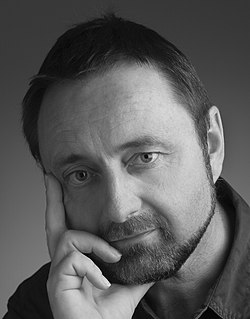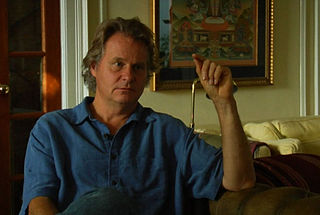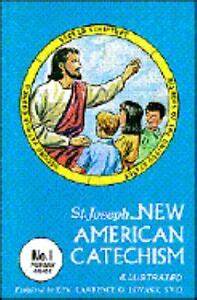A Quote by Frans Lanting
Biodiversity starts in the distant past and it points toward the future.
Related Quotes
Besides, whoever keeps the future in front of him and the past at his back is doing something else that's hard to imagine. For the image implies that events somehow already exist in the future, reach the present at a determined moment, and finally come to rest in the past. But nothing exists in the future; it is empty; one might die at any minute. Therefore such a person has his face toward the void, whereas it is the past behind him that is visible, stored in the memory.
The Past is dead, and has no resurrection; but the Future is endowed with such a life, that it lives to us even in anticipation. The Past is, in many things, the foe of mankind; the Future is, in all things, our friend. In the Past is no hope; The Future is both hope and fruition. The Past is the text-book of tyrants; the Future is the Bible of the Free. Those who are solely governed by the Past stand like Lot's wife, crystallized in the act of looking backward, and forever incapable of looking before.
We can say that true gratitude does not give rise to the debtor's ethic because it gives rise to faith in future grace. With true gratitude there is such a delight in the worth of God's past grace, that we are driven on to experience more and more of it in the future...it is done by transforming gratitude into faith as it turns from contemplating the pleasures of past grace and starts contemplating the promises of the future.




































